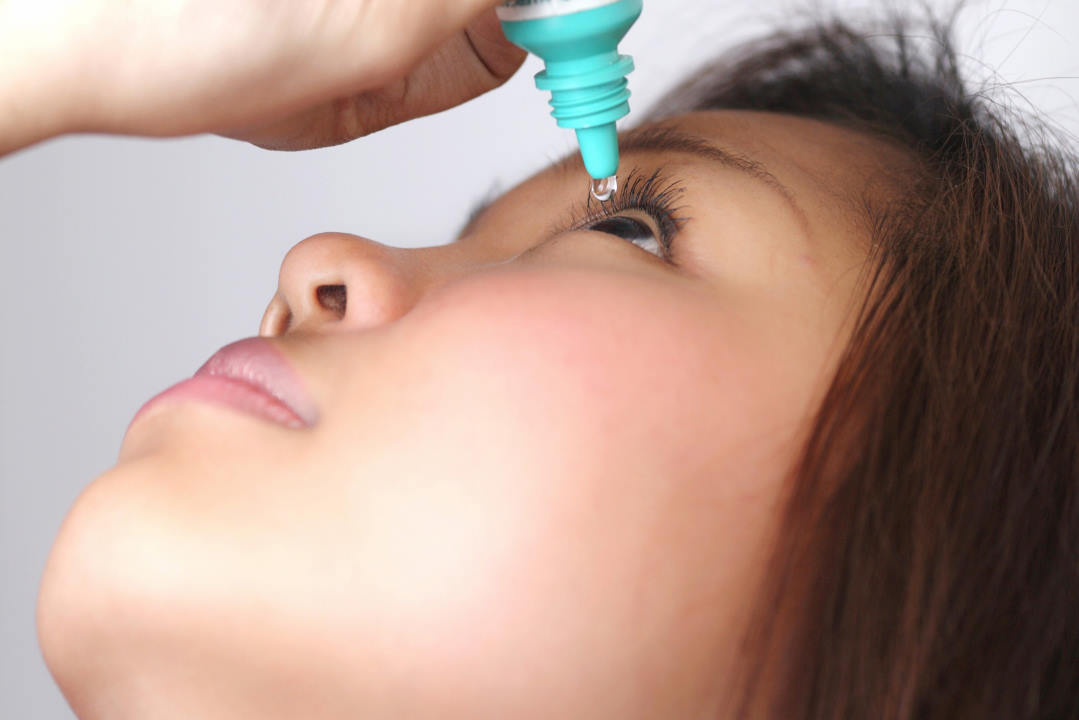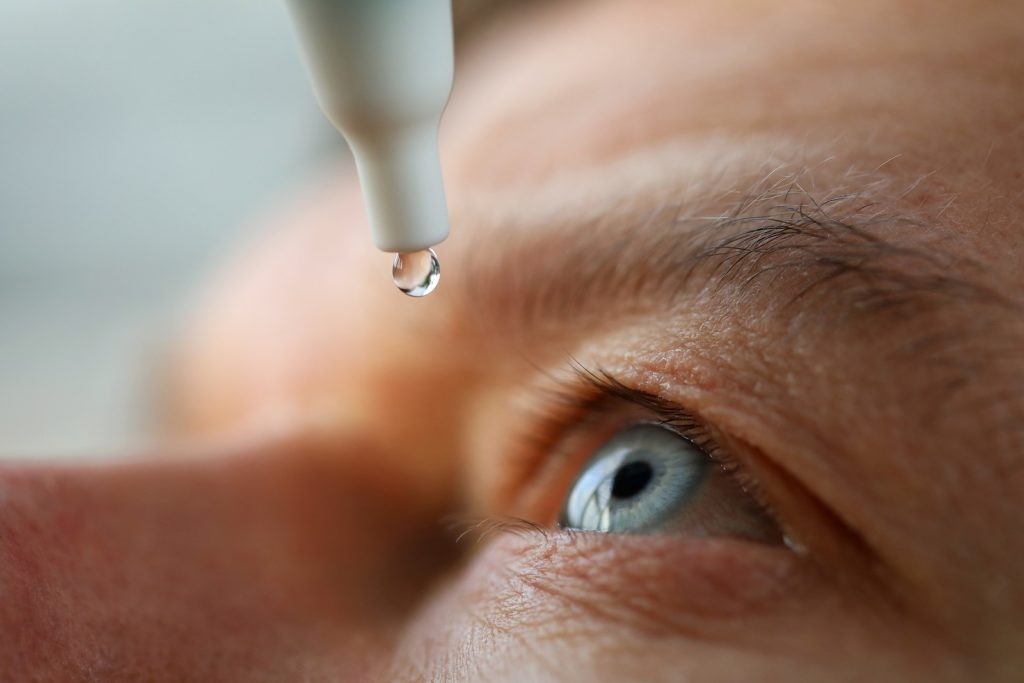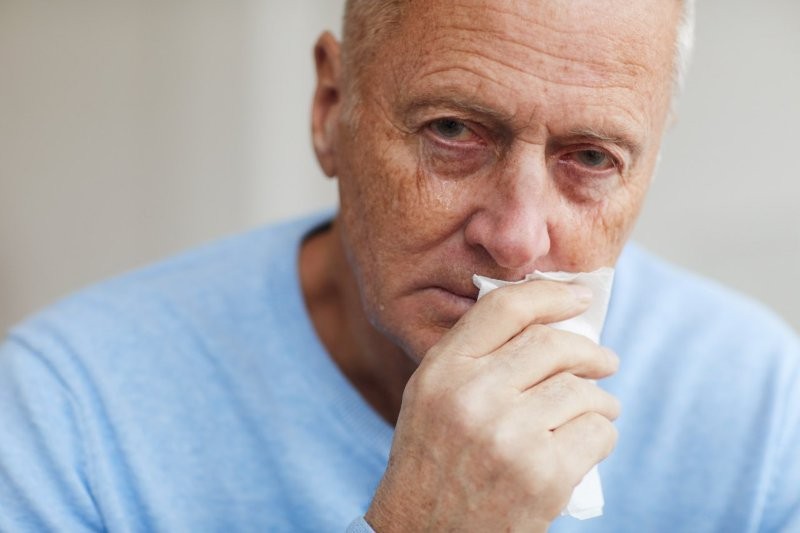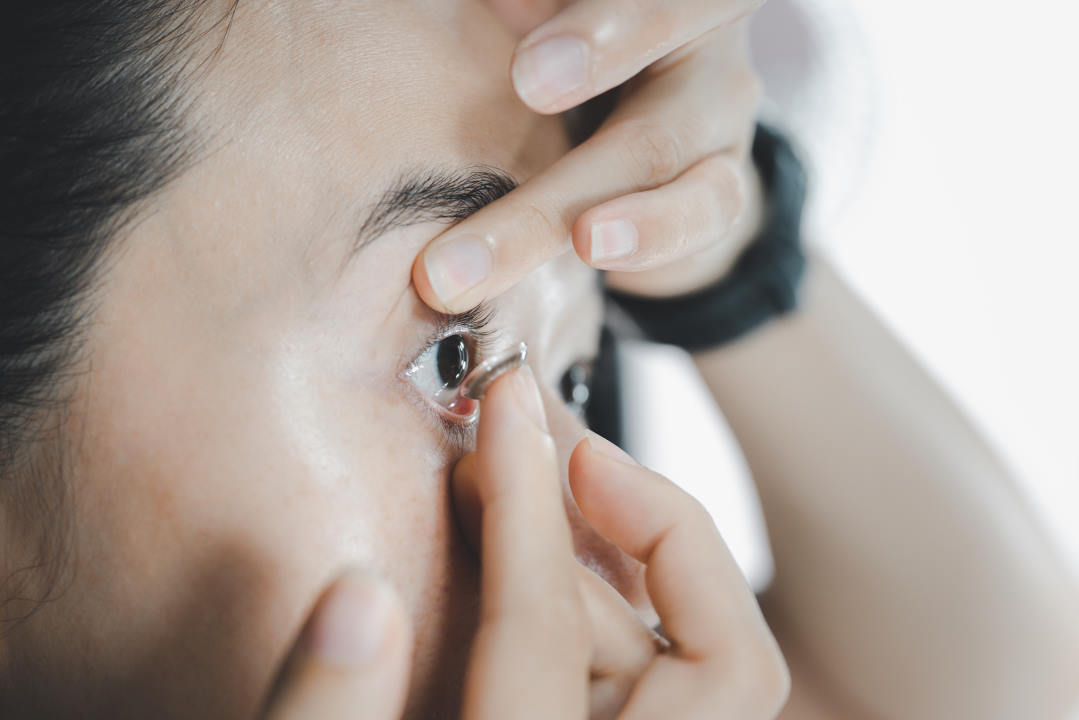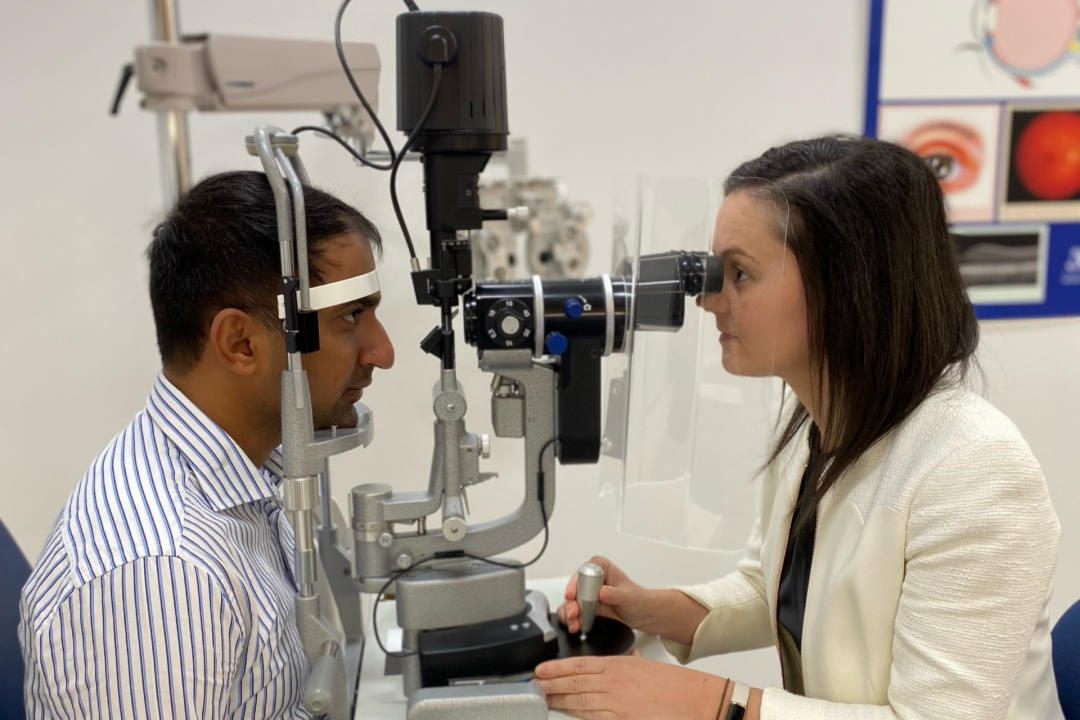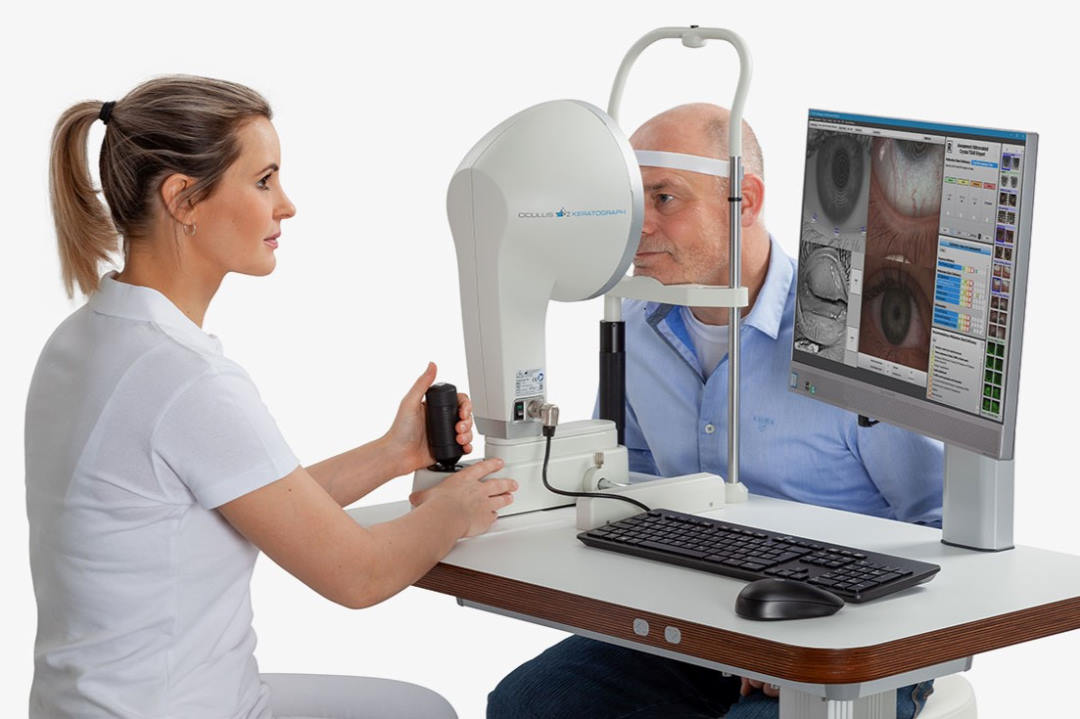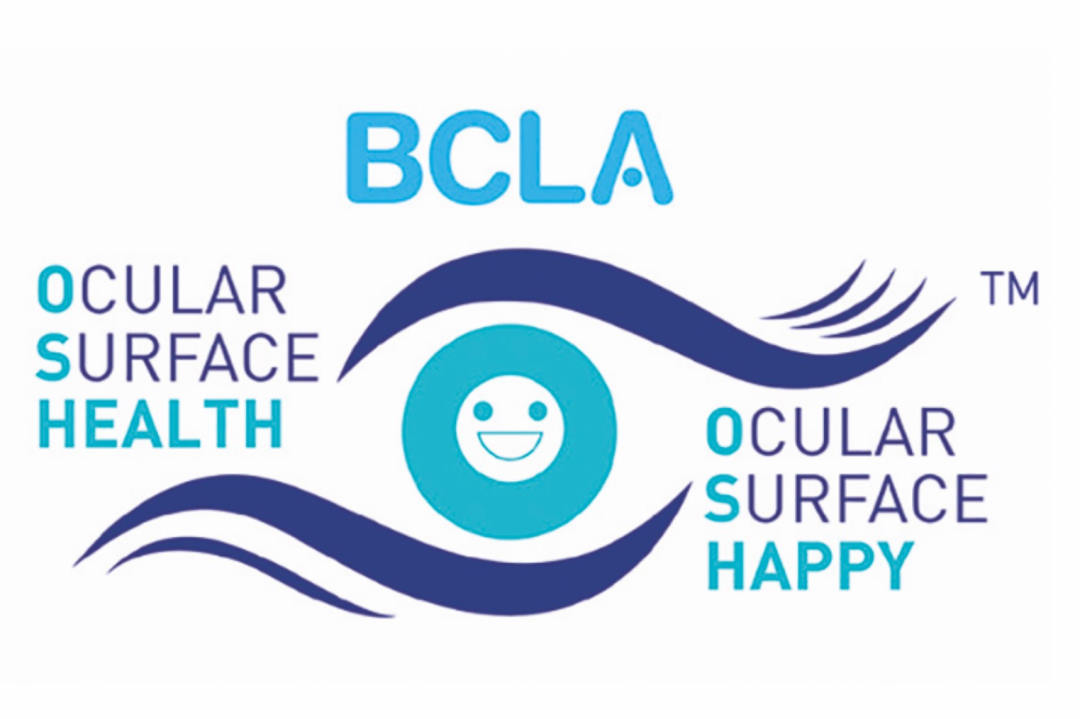Cyclosporine thumbs up for DED
One-year study results from the phase 3 Essence-2 open-label extension (OLE) study for cyclosporine ophthalmic solution 0.1% (Vevye) have shown sustained safety and efficacy in treating the signs and symptoms of dry eye disease (DED).
Published in Cornea, the results underscored Vevye’s value in managing this chronic condition, said Harrow Pharmaceuticals, which acquired the North American rights to Vevye from Novaliq last year. Key findings from the study indicated statistically significant improvements in all prespecified efficacy endpoints compared to baseline. Corneal staining improvements were observed early and stabilised over time, while tear production showed continuous improvement, said the company, adding patient satisfaction was notably high. The most common ocular treatment-related adverse events were mild instillation site pain (6.5%) and reduced visual acuity (3.0%).
“We know that tolerability is a major issue with long-term immunomodulatory medications leading to poor patient compliance and dropout," said Dr Laura Periman, a director of dry eye services and clinical research at Periman Eye Institute, US, who was involved in the initial research into cyclosporine for DED. "In this 52-week study, perhaps the most impressive data point was that only one patient stopped using Vevye because of an ocular adverse event, which was mild burning and stinging. Also, patients randomised to Vevye in Essence-2 that continued into the OLE, on average, saw their natural tear production nearly double after 56 weeks of treatment from baseline. Furthermore, these patients saw a statistically significant improvement in all measured symptoms at all measured time points compared to baseline (demonstrating) the long-term potential of Vevye for patients suffering from chronic dry eye disease.”
In related news, Novaliq announced it was one step closer to gaining CE approval for Vevizye (Vevye’s tradename outside of the US and Canada) after the European Medicines Agency’s Committee for Medicinal Products for Human Use released a positive opinion supporting the EU marketing authorisation.







